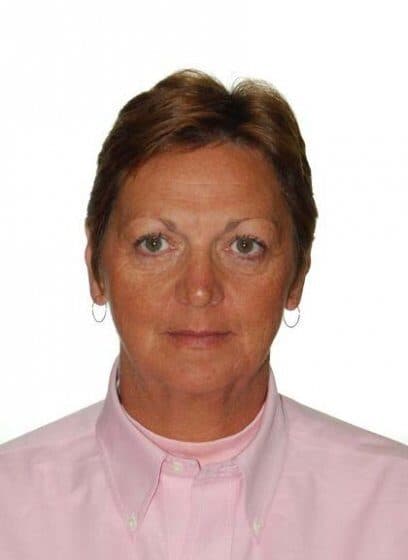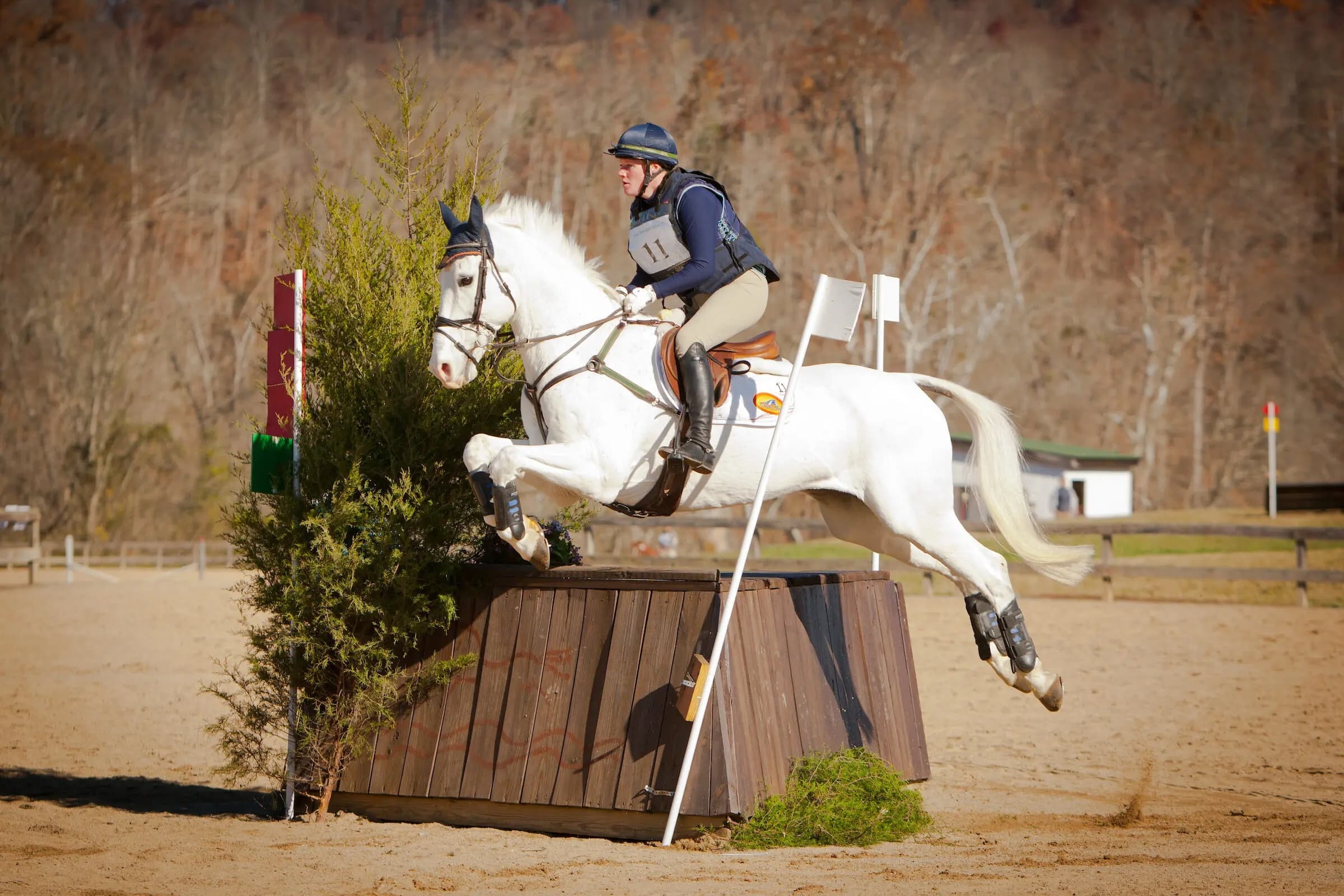Expert Explains How to Find the Right Horse for the Job in her New Book

WETASKIWIN, AB, CANADA - May 1, 2012 - "Learning by Example: Analyzing Functional Conformation for the Olympic Disciplines" is Alberta author Judy Wardrope's third book and second in her "Learning by Example" trilogy, a sequel to her successful book, "Learning by Example: Analyzing Functional Conformation in Thoroughbred Racehorses." Her first book, "Ten Conformation Myths" was a hit as it dispelled the major misconceptions about equine conformation.
"Learning by Example: Analyzing Functional Conformation for the Olympic Disciplines" is a comprehensive, 445 page book covering each of the three Olympic equestrian disciplines - dressage, eventing and show jumping - in great detail. It includes over 600 photographs from Wardrope's extensive collection to illustrate the concepts of Functional Conformation. There is also a short section covering Show Hunters.
Armed with knowledge gained from this comprehensive book, readers will learn what to look for, and what to avoid, when choosing a horse - for competition or for breeding purposes. A small investment in information could save horse buyers and breeders thousands of dollars down the road.
Judy Wardrope has studied the top performing horses in both sport and racing for over 30 years to determine what separates the best from the rest. Looking beneath the glossy coats and muscle development, she has determined that function is explained by the way each horse's skeleton is constructed and how it impacts on the horse's ability to perform at peak efficiency. "It's a matter of physics - both in regard to the equine skeleton and the tasks we ask our equine partners to perform," she said.
"Understanding functional conformation allows riders and their trainers to select mounts that are most likely to succeed in competition or on the racetrack. Horses that are built to perform specific jobs learn more easily, display fewer resistances to training and conditioning, are less prone to performance related injuries and will have longer and more successful competitive careers. Because they are happier horses, their human partners are usually happier as well."
Functional conformation, or form to function as it is also called, gives breeders another tool for selecting pairings of stallions and mares to produce foals that have the functional conformation to perform well in, and withstand the rigors of, specific disciplines.
Whether the goal is to produce a horse that can jump higher, move more gracefully in the dressage ring, complete a 160km endurance race or out strip the competition on the racetrack, breeding for functional conformation will impact both the marketability of the offspring today and the entire horse industry in the future.
The final book in the "Learning by Example" trilogy will focus on horses used in the various Western disciplines.
About Judy
Judy Wardrope, drawn to and interested in horses her entire life, has spent nearly 30 years amassing research on the pedigrees of top performance horses in both sport and racing as well as analyzing the functional aspects of equine conformation.
She applied the findings from her research to assisting in the selection of sport horses for clients (including champions in Alberta, Manitoba, and South Africa) and stallions for successful breeding programs in Canada, South Africa, and Thailand.
Judy is a respected equine journalist satisfying a growing demand for informative articles on both sport horses and racehorses. Her work appears in more than twenty equine publications internationally. She is a current member of the International Alliance of Equestrian Journalists, a former member of the National Turf Writers Association, and was nominated for the 2006 Equine Vision award through American Horse Publications.
Judy has studied the pedigrees and photographed and analyzed the conformation of top horses, in both sport and Thoroughbred racing, to determine the impact of conformation on performance and is now sharing her knowledge through a series of informative and entertaining clinics, seminars and workshops, and books.














